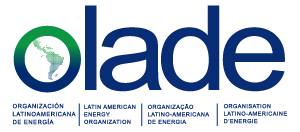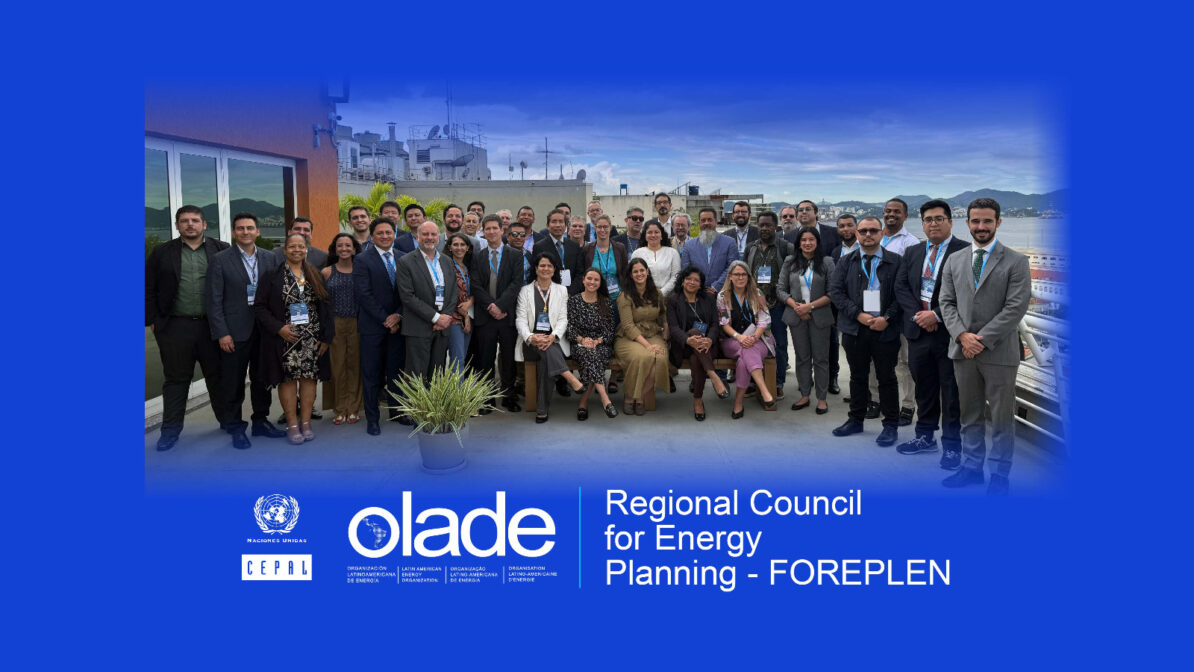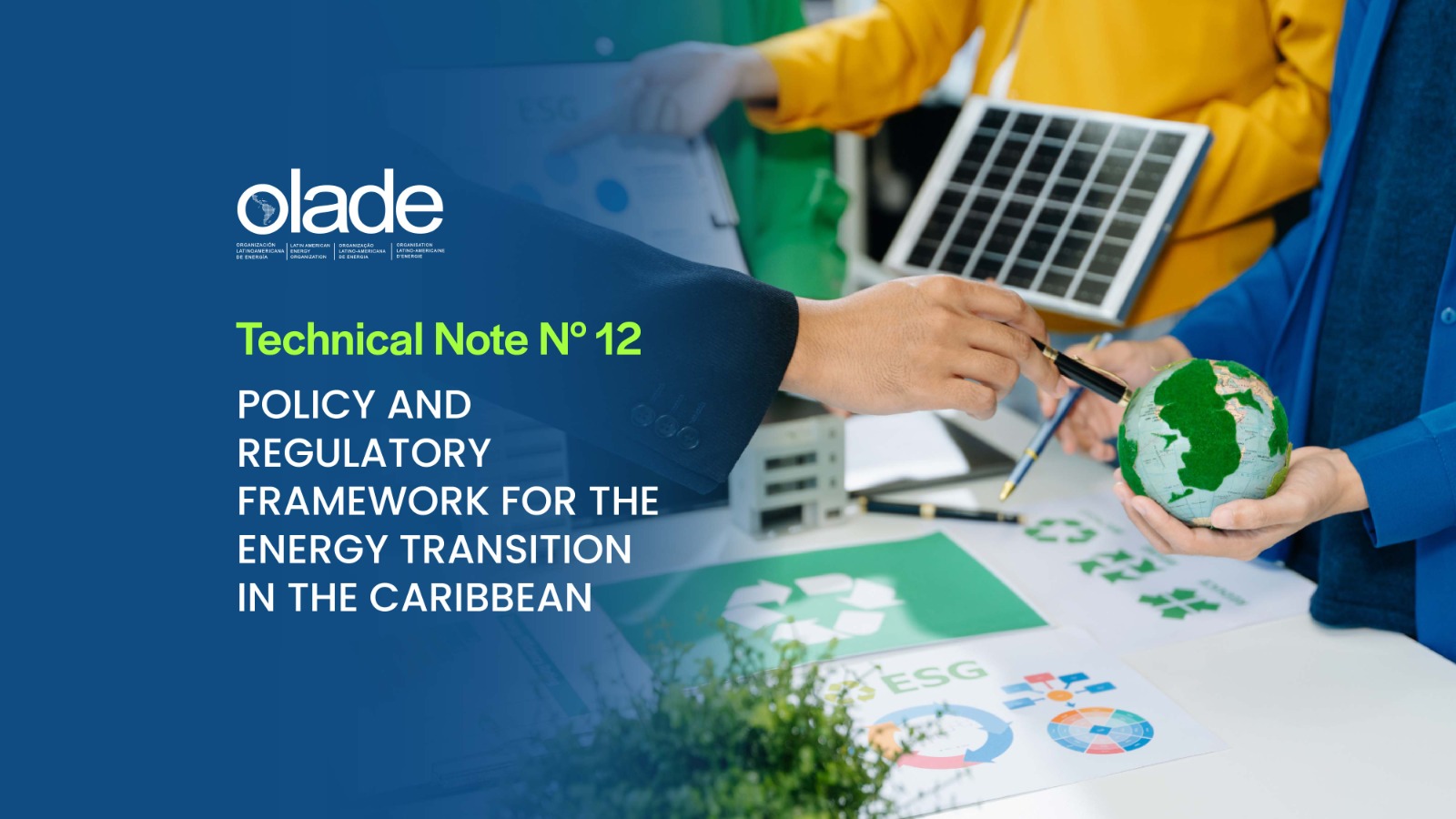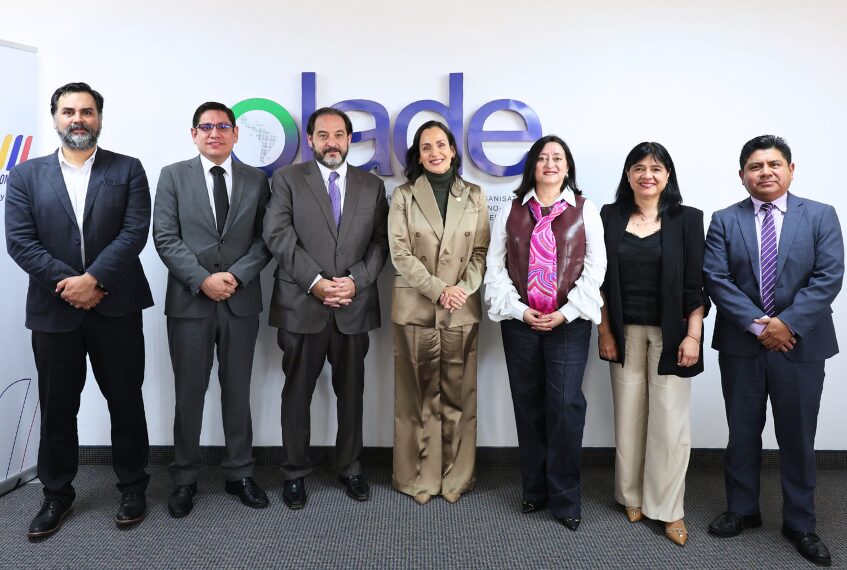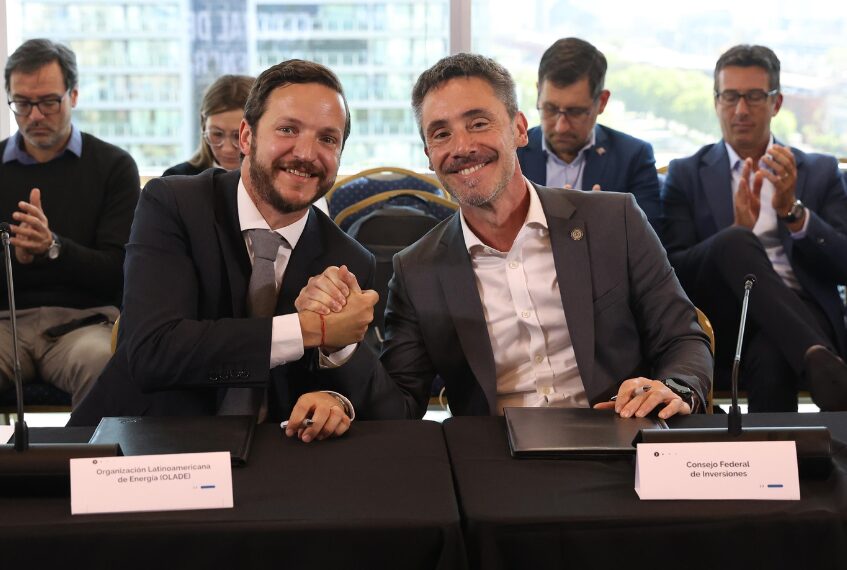This past June 5 and 6, 20 nations from Latin America and the Caribbean advanced the creation of a common roadmap for coordinated and resilient energy planning during the 2nd Meeting of the Regional Energy Planning Council and the 8th Meeting of the Regional Forum of Energy Planners (FOREPLEN). These events were organized by the Latin American Energy Organization (OLADE) and the Economic Commission for Latin America and the Caribbean (ECLAC) at the headquarters of the Empresa de Pesquisa Energética (EPE) in Brazil.
The Council, established during the 9th Energy Week in Paraguay, is consolidating itself as a permanent technical and political platform aimed at harmonizing planning efforts among member states, strengthening institutional capacities, and fostering an energy transition aligned with the Paris Agreement commitments. The forum brought together representatives from 20 countries and international organizations such as the International Energy Agency (IEA), the International Renewable Energy Agency (IRENA), GET.Transform, CAF, and CIER. Among the notable participants were Leandro Albuquerque, Deputy Secretary of Planning and Energy Transition at Brazil’s Ministry of Mines and Energy; Thiago Prado, President of EPE; Martín Abeles, Director of the Natural Resources Division at ECLAC; and Mauricio Tolmasquim, founder and first President of EPE.
Guido Maiulini, Head of Strategic Advisory at OLADE, stated at the opening session: “Coordinated energy planning is essential to optimize resources, reduce costs, and ensure a just and sustainable transition. At OLADE, we are creating a regional space that facilitates the exchange of experiences and technical cooperation among countries.”
Tolmasquim stressed the importance of establishing a continuous planning agenda that transcends government cycles. “Coherent planning helps reduce capital costs, attract investment, and advance strategic projects such as electric grid integration with Bolivia,” he said.
During the technical sessions, delegates examined a regional diagnostic based on the energy plans of more than 15 OLADE member countries. The study revealed progress in energy efficiency, renewable energy promotion, and universal access, although challenges remain, such as high dependence on fossil fuels and the need to modernize regulatory frameworks and planning tools.
In the technical space, advanced planning experiences from countries such as Brazil (PDE/PNE), Chile (PELP), Colombia (UPME), Mexico (PRODESEN), and Peru (PRUEE 2050) were shared. These countries use integrated models such as LEAP, OSeMOSYS, MESSAGE, and TIMES.
Rodrigo Moreno, researcher at the Institute of Complex Engineering Systems (ISCI) of the University of Chile, presented studies indicating that greater regional power integration could generate multi-billion dollar net savings, significantly reduce CO₂ emissions, and optimize the use of complementary resources. Projections suggest that the region will need approximately 300 gigawatts of additional interconnection capacity by 2045.
Another key topic was the integration of Nationally Determined Contributions (NDCs) into long-term energy strategies, where countries shared strategies and methodologies to align climate commitments with energy planning.
Delegates also worked on the development of forward-looking energy scenarios for the Andean, Southern Cone, and Caribbean subregions, aimed at improving the coherence and robustness of both national and regional strategies.
The meeting concluded with the preliminary development of a regional roadmap aimed at harmonizing planning approaches, strengthening technical cooperation, and enhancing the energy sector’s response to climate commitments. In addition, ECLAC presented a methodological proposal to create a regional guide to standardize sustainable and resilient energy policies.
In his closing remarks, OLADE’s Executive Secretary Andrés Rebolledo emphasized that the Planning Council is a strategic instrument for advancing energy integration in Latin America and the Caribbean. “At OLADE, we aim to move this work toward a formal regional integration framework. Our commitment is to continue driving these collective efforts forward,” he said.
With these advances, OLADE reaffirms its commitment to supporting countries in building more integrated, resilient, and climate-aligned energy systems in the region.
